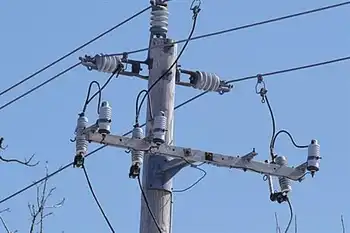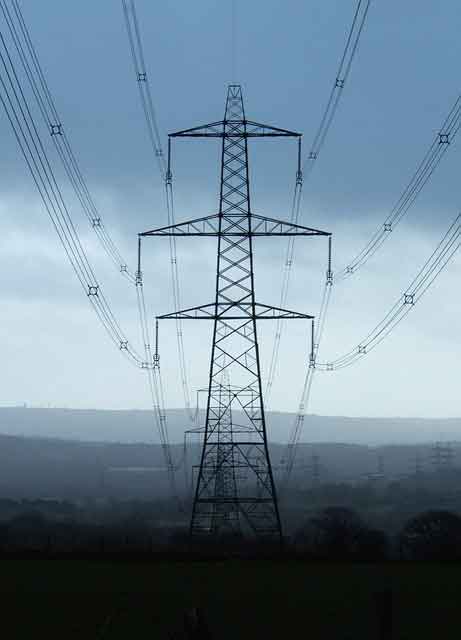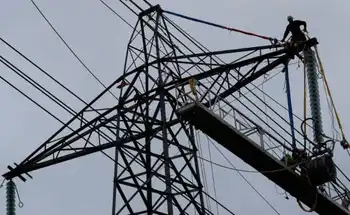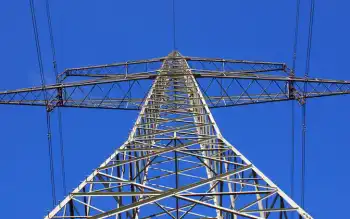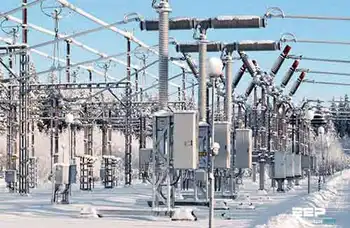Sweden leads EU on renewable energy
By The Independent
NFPA 70b Training - Electrical Maintenance
Our customized live online or in‑person group training can be delivered to your staff at your location.

- Live Online
- 12 hours Instructor-led
- Group Training Available
Renewable energy contributed 10.3 percent of total energy consumption in the EU27 in 2008 according to a July 13 report by the statistical Office of the European Union Eurostat.
The three countries which had the highest share of renewable energy compared to total energy consumption were Sweden, Finland and Latvia, with 44.4 percent, 30.5 percent and 29.9 percent of renewable energy sources in total consumption respectively.
The countries with the lowest share of renewable energy compared to total energy consumption in 2008 were Belgium 3.3 percent, the Netherlands 3.2 percent, the United Kingdom 2.2 percent, Luxembourg 2.1 percent and finally Malta, where only 0.2 percent of total energy consumption comes from renewable energy.
Almost all member states of the European Union increased their share of renewable energy from 2006-2008. The top three countries with the largest increases in their share of renewable energy compared to total energy consumption were, Austria 24.8 percent in 2006 to 28.5 percent in 2008, Estonia 16.1 percent in 2006 to 19.1 percent in 2008 and Romania 17.5 percent in 2006 to 20.4 percent in 2008.
In a 2009 directive renewable energy targets were set for each of the member states, so that by 2020 the EU, as a whole, will reach a 20 percent share of total energy consumption form renewable sources. The United Kingdom plans to produce 15 percent of its energy from renewable sources by 2020, France 23 percent, Italy 17 percent, Germany 18 percent and Sweden, which produced 44.4 percent of its energy from renewable sources in 2008, plans to increase that figure to 49 percent by 2020.
Renewable energy is becoming an increasingly important issue around the world as countries search for viable alternatives to oil. Websites such as worldometers count down, in real time, the number of days left until fossil fuel supplies run out as of July 13, it is estimated that there are 152,082 days to the end of coal, 60,912 days to the end of gas and 15,485 days until the end of oil.
Renewable energy sources include solar, thermal, photovoltaic, hydro and wind power as well as geothermal energy and biomass.
The top ten countries with the largest share of renewable energy as a percentage of final energy consumption are:
Sweden 44.4
Finland 30.5
Latvia 29.9
Austria 28.5
Portugal 23.2
Romania 20.4
Estonia 19.1
Denmark 18.8
Lithuania 15.3
Slovenia 15.1






